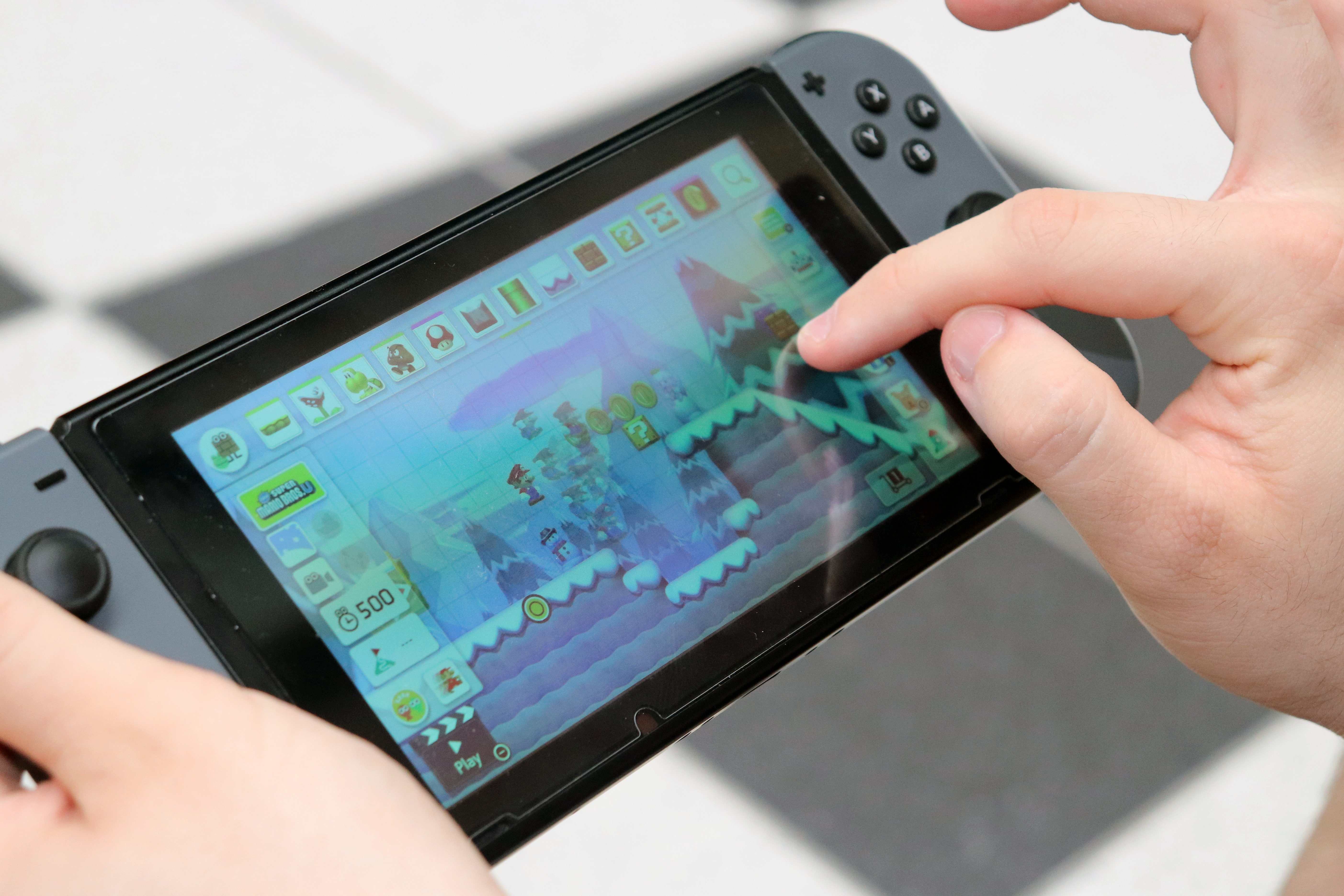

The University of Connecticut Educational Technology lab is dedicated to exploring and generating public scholarship that describes best practices for integrating content knowledge, pedagogy, technology, and contemporary theories of thinking and learning (i.e., TPACK; Mishra & Koehler, 2006).
Though particular interests vary from researcher to researcher, much of our collective work examines the current and potential role of play in teaching and learning environments, especially as pertains to the long-term goals described in our (2012) Review of Educational Research meta-review (Our Princess is in Another Castle: A Review of Trends in Serious Gaming for Education) and our (2017) edited volume (Exploding the Castle: Rethinking How Video Games & Game Mechanics Can Shape the Future of Education). Specifically:
- Constructing definitions that facilitate the separation of video games, simulations, and other interactive media
- Creating an open access repository of instructional / educational games
- Researching video games already used by practicing educators
- Conducting longitudinal studies that examine the potential of educational games for teaching and learning
- Encouraging collaborative partnerships among commercial game companies, educational researchers, teachers, administrators, policymakers, and parents
- Studying and designing for the metagame (i.e., affinity groups that emerge from game play: blogs, wikis, and discussion pages that support hints, cheats, and modding)
- Developing playful assessments that make it possible to understand the relationships among players, their social interactions with one another, their games, and their metacognitive reflections
- Designing instructional games with one-to-one alignment of game and learning objectives (i.e., optimizing transfer)
Our approach to instructional design and technology implementation emphasizes a combination of problem solving, critical thinking, and student inquiry skills. We build from a variety of theoretical foundations—constructionism, constructivism, situated cognition, social learning theory, adult learning theory—and develop proactive measures to avoid potential trajectories of failure (see: Slota & Young, 2017).
Some of the technologies we study and design include:
- Analog (Card / Board) Games
- Digital Games
- Text-Based Roleplaying Games
- Alternate Reality Games
- Virtual Reality Interfaces & Experiences
- Training Simulations
- Assistive Technologies / User Interfaces
- Esports (Player / Coach / Administration Resources)
As we are committed to making our work products available to everyone, we are pleased to provide free “Print n’ Play” files for those seeking to better understand the intersection of play and learning (see individual project pages for more information).
